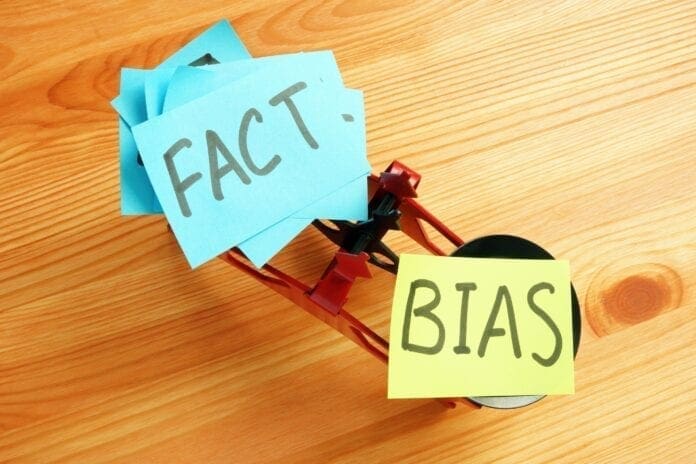One part of my job is leadership development, going hand in hand with empowerment of poor and marginalized folks. Moving towards placing impacted folks into leadership positions is a part of that, such as serving on steering committees and boards.
It’s a hard sell for a lot of non-marginalized people in leadership roles because there’s this biased belief that poor folks are that way because they’re not smart enough to not be poor; it’s as if poverty is a result of poor character rather than financial circumstance. In reality, it has nothing to do with one’s intelligence but, rather, lack of experience, which can be easily remedied by investing time and energy into leadership development.
Existing constructs don’t allow for diversity and inclusion because of established norms. Take, for instance, the comment that was made to me by a state lawmaker when I inquired about impacted folks testifying in committee. “Tell them not to dress real nice because no one will believe they’re poor,” I was told. Poor bias doesn’t acknowledge that there are educated, professional, and capable poor people out here. I know too many women who are digging their way out of poverty with one hand while holding a Bachelor’s degree in the other one.
I was 42 years old when I made my first public testimony about poverty, and it’s never gotten easier. When you spend your life being treated as if your socioeconomic status doesn’t qualify you to be included in board vacancies or conversations around policy, or when you’re not included in speaking to people in positions of power because someone with more privilege is afraid you’ll not look the right way or say the right things, then, chances are, you’re not even going to want to be involved. When the intimidation and bias is coming at you from inside your own circle, the thought of what it will feel like outside that circle is too much to face.
And I don’t know if people are aware of the enormity of this issue or the harmful effects. Poverty is trauma, and a part of that is how we are treated by those without its lived experience. It happened to me this past week. I received a “You’re so good at ‘this,’ but we’re not sure if you’d be able to do ‘this,'” despite my job performance, level of education, personal commitment or reputation. There wasn’t any indication that they ever seriously considered taking a chance on me. How much differently would the news have landed if they would have suggested training/professional development?
Because the words hit me like a throat punch, and I spent most of my week trying to breathe again. I was immediately thrown right back to the days when what I did was seen as silly to those around me, to when I was wrestling with my own feelings of self-doubt and lofty dreams; you know, back to the days before I was ever going to be able to throw away that SNAP card, to when I wasn’t working with people determined to build power from the ground up. I repeatedly thought about the other times I had been told that I met all the requirements but they were going with someone else. It’s happened so many times to me that I know exactly what “someone else” looks like before ever laying eyes on them.
Part of breaking down oppressive systems is education. Education has to be a bigger part of the conversation. I used to know a guy one who taught etiquette classes at a local college. He used his ability to climb the corporate ladder to provide the students with a new skill set. They talked about which fork to use, how to place their napkin, phrases to pass them through awkward conversations, etc.
Why aren’t we pushing for such things when we ask impacted folks to join our boards? Instead of tokenizing us for a grant requirement, teach us. Teach us how to read financial reports and about Robert’s Rules. Promote and mentor us to hold office. Model the vision and mission of non-profit taglines!
Allyship is about inclusion and social justice. It’s using privilege to help elevate the marginalized, and that includes education and inclusion in leadership. The first rule of organizing is to not do for someone what they can do for themselves, and that includes teaching the skills necessary to promote their position. By excluding poor and marginalized folks from positions due to their lack of skills…by choosing to not invest in their leadership development because it’s easier to hire “someone else,” we’re simply perpetuating stereotypes, feeding biases, and promoting classism.
We’re simply mirroring the exact systems we claim to be determined to dismantle. Classism, in this case, is classless.
Onward,
Amy Jo


